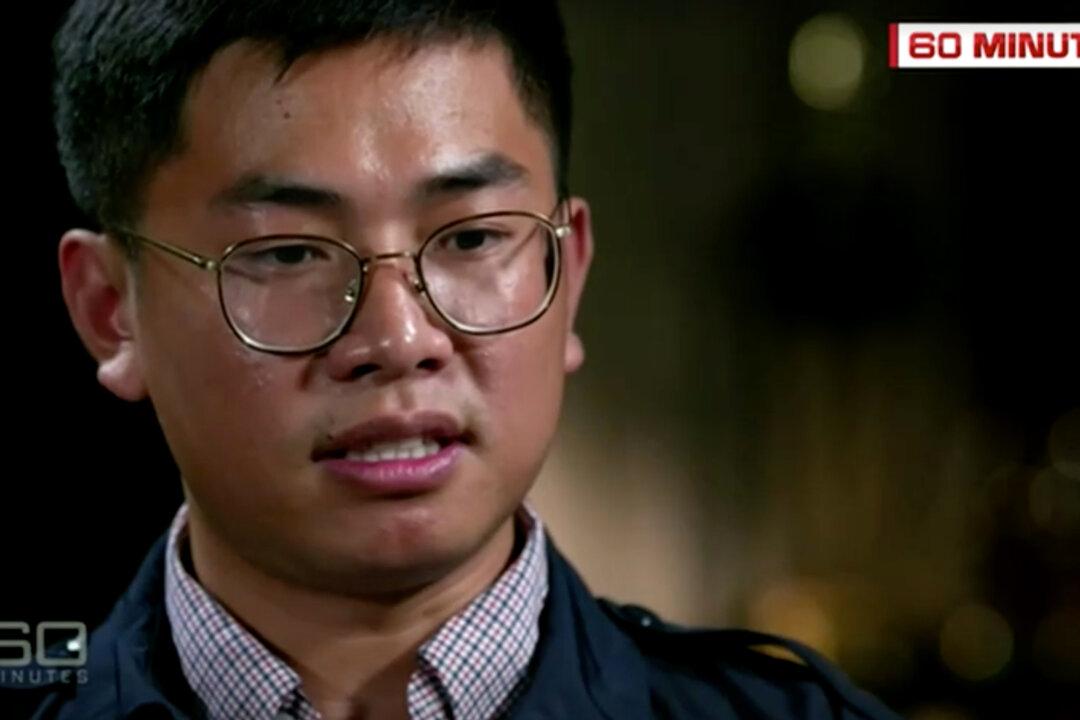Chinese state-run media Global Times on Nov. 27 released a court video that purportedly proves a self-claimed Chinese spy seeking refuge in Australia is a “fraudster” and a “criminal at large.”
Last week, Wang Liqiang, who claims to have been a spy for the Chinese regime, made international headlines after he handed Australia’s top intelligence agency details of Beijing’s political interference in Hong Kong and Australia, as well as election meddling on the self-ruled island of Taiwan.





